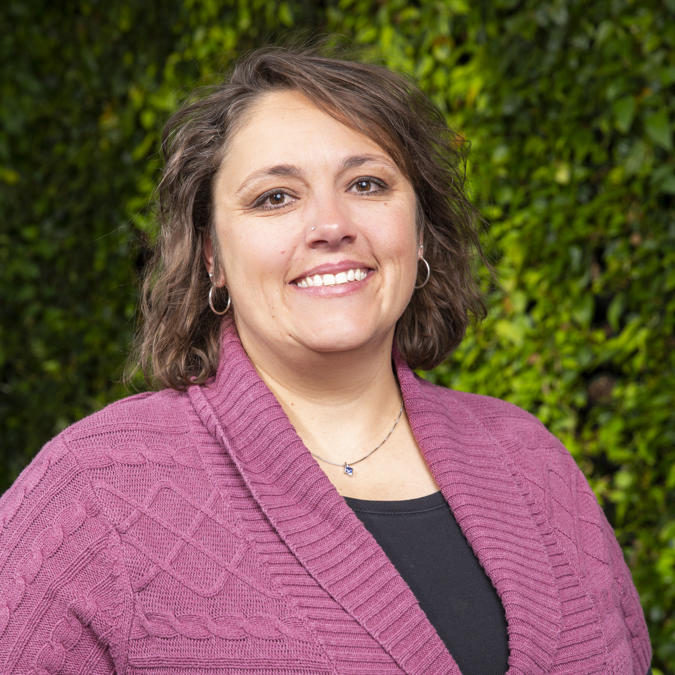Although a large number of communities suffer from “our governing documents suck syndrome” many boards still refuse to move forward with amending or rewriting their communities’ governing documents. The refusal is most often based on fear, but fear of what? Fear of the process? Fear of the unknown? Fear of owners? It hasGo to Resource
Newsletters
Chapter 7 bankruptcy cases tend toward the routine. The debtor files a bankruptcy petition, the trustee holds a “Meeting of Creditors” wherein the debtor is questioned under oath about the bankruptcy and a trustee determines whether the debtor has any assets that may be sold to pay his/her creditors. If the trustee finds thereGo to Resource
In 1988, two young attorneys joined together and created what was quite novel at the time: a single stop shop for all homeowners association needs. They realized that for community association law to truly excel, principles of management and best practices would need to be established, adhered to and taught. At that point,Go to Resource
Common interest communities are responsible for maintaining voluminous records—some of which may not be made available to homeowners. The Colorado Common Interest Ownership Act (“CCIOA”) addresses inspection and copying of association records by homeowners and provides guidelines as to which records must be made available to owners, which records may be made available to owners,Go to Resource
OTARD? What’s an “OTARD”?? Sounds like a fighting word—but actually it isn’t. OTARD stands for Over-the-Air-Reception Devices rule adopted by the FCC in 1996. The overall intent of OTARD is to protect Americans’ rights to receive information from over the air reception devices. OTARD essentially prohibits restrictions that impair the installation, maintenance or useGo to Resource



